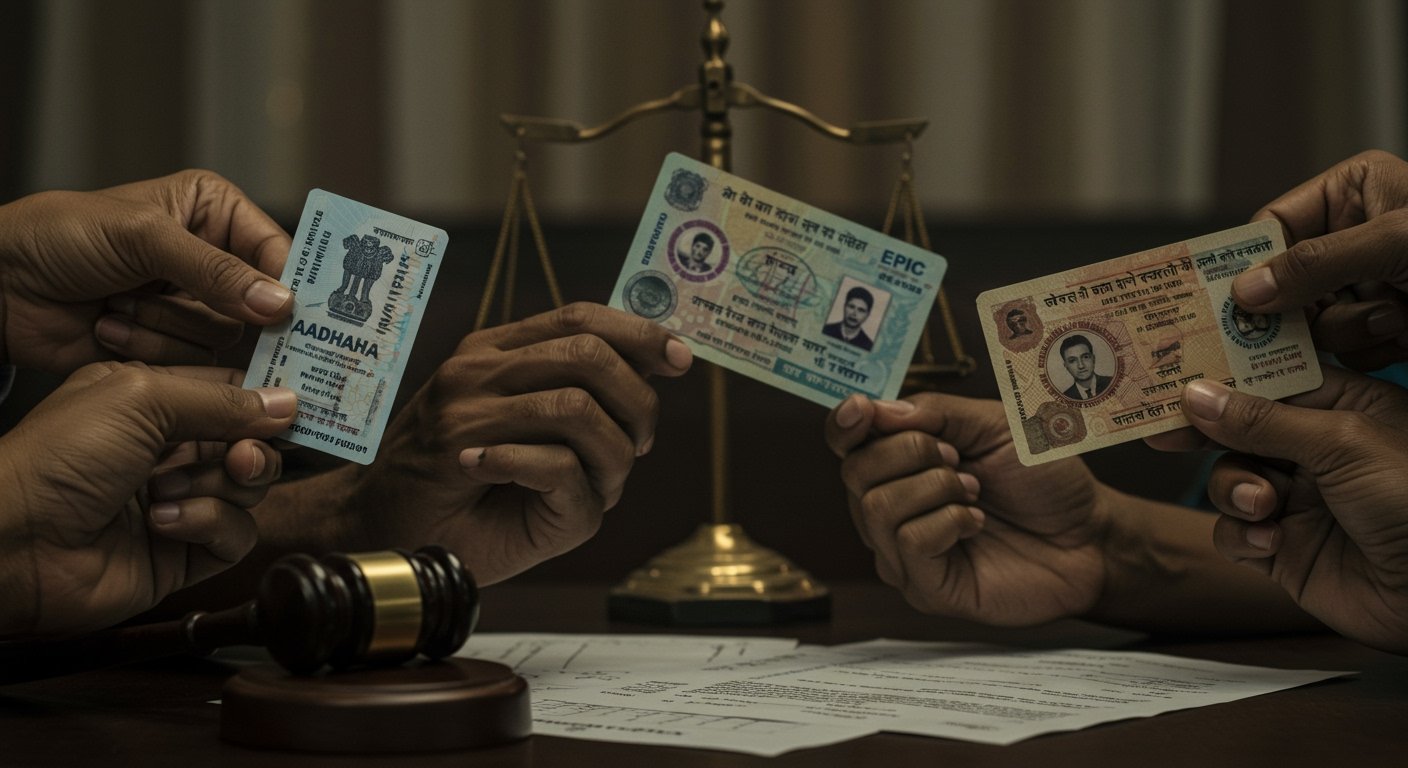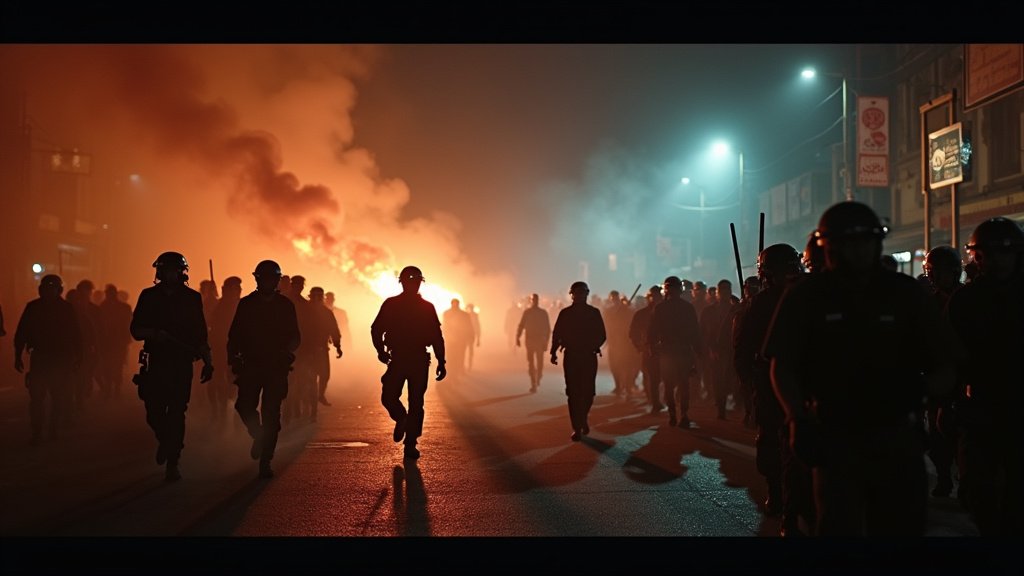New Delhi – India’s Supreme Court has weighed in on the controversial Special Intensive Revision (SIR) of electoral rolls underway in the poll-bound state of Bihar, directing the Election Commission of India (ECI) to adopt a more inclusive approach to verifying voter credentials. In a significant ruling on July 10, 2025, the Court permitted the ECI to continue the revision exercise but mandated the consideration of essential identification documents including Aadhaar cards, Electoral Photo Identity Cards (EPIC), and ration cards as valid proofs during the process.
Court Permits Revision But Questions Timing
A bench comprising Justices Sudhanshu Dhulia and Joymalya Bagchi reviewed a batch of over 10 petitions challenging the ECI’s order for the SIR, which was issued on June 24, 2025. While upholding the ECI’s constitutional mandate to conduct such revisions, the Court raised pertinent questions regarding the timing of the exercise, particularly its proximity to the upcoming assembly elections in Bihar.
The justices remarked that if the primary objective of the SIR was solely to verify citizenship – a matter falling under the purview of the Ministry of Home Affairs – the ECI should have initiated the process considerably earlier. This observation highlighted the Court’s concern about the potential impact of a rushed revision process on the electorate, especially given the tight timeline set by the ECI.
Petitioners Raise Concerns Over Disenfranchisement
The batch of petitions was filed by a diverse group including leaders from 10 opposition parties, non-governmental organizations such as the Association for Democratic Reforms (ADR) and the People’s Union for Civil Liberties (PUCL), and prominent public figures like activist Yogendra Yadav and Members of Parliament Manoj Jha and Mahua Moitra. They collectively challenged the ECI’s June 24 order, citing concerns about the stringent documentation requirements stipulated for the revision.
The petitioners argued that the demanding proof requirements and the compressed timeframe for the exercise could potentially disenfranchise a significant portion of the electorate in Bihar. Estimates suggest that around 7.9 crore voters could be adversely affected if the process was not conducted with adequate flexibility and time.
Directive on Document Acceptance
Crucially, the Supreme Court directed the ECI to expand the list of acceptable documents for verification during the SIR. The ECI is now required to consider and accept Aadhaar cards, the standard EPIC (often referred to as Voter ID), and ration cards as valid forms of documentation. This directive aims to alleviate the difficulties faced by voters, particularly those in rural or marginalized communities, who may not possess all the specific documents initially favoured by the ECI but hold these widely available identity and residency proofs.
By mandating the inclusion of these documents, the Court seeks to ensure that the revision process is equitable and does not inadvertently exclude eligible citizens from the electoral roll. This move is seen as a measure to safeguard the right to vote and promote greater accessibility to the electoral process.
No Immediate Stay, Further Hearing Scheduled
Despite the concerns raised by the petitioners regarding potential disenfranchisement and the perceived haste of the exercise, the Supreme Court refused to issue an interim stay on the Special Intensive Revision process. The Court acknowledged the ECI’s constitutional mandate to maintain updated electoral rolls and allowed the process to continue.
However, the bench sought a formal response from the Election Commission of India regarding the issues raised in the petitions. The ECI has been directed to file its counter-affidavit detailing its position and justification for the SIR process, including the selection of documents and the timeline, by July 21, 2025.
The Supreme Court has posted the entire batch of petitions for further hearing on July 28, 2025. This indicates that the Court will continue to monitor the situation and further examine the legal challenges brought against the ECI’s revision exercise. The outcome of the next hearing will likely provide more clarity on the future trajectory of the electoral roll revision in Bihar and its implications for the upcoming elections.
In permitting the SIR to proceed while simultaneously broadening the acceptable documents, the Supreme Court has attempted to strike a balance between the ECI’s constitutional responsibility and the imperative to ensure an inclusive and fair electoral process in Bihar.





